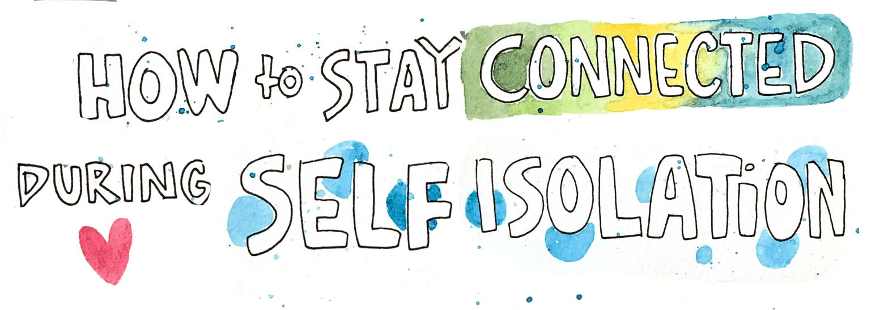Social distancing can make you lonely. Here’s how to stay connected.
It’s time to get thinking, take considered action, and be creative to see how you can help to minimise not only the spread of COVID-19, but its social and psychological effects too.
Click on the link to read the full article from ‘The conversation’ website:
Here’s an excerpt from the article:
COVID-19, the disease caused by the novel coronavirus, is a challenge for everyone.
We know positive social support can improve our capacity to cope with stress. But right now we’re being asked to keep our distance from others to minimise the spread of the virus.
Even those of us who appear to be healthy are being directed to practice social distancing, a range of strategies designed to slow the spread of a disease and protect vulnerable groups from becoming infected.
While it’s crucial to slowing the spread of COVID-19, practising social distancing will result in fewer face-to-face social interactions, potentially increasing the risk of loneliness.
Social distancing and self-isolation will be a challenge for many people. While we can’t replace the value of face-to-face interactions, we need to be flexible and think creatively in these circumstances.
Here are some tips to remain connected when you’re practising social distancing or in quarantine:
- Think about how you can interact with others without putting your health (or theirs) at risk. Can you speak to your neighbours from over a fence or across balconies? We’ve seen this in Italy
- If you have access to it, use technology to stay in touch. If you have a smartphone, use the video capabilities (seeing someone’s facial expressions can help increase connection)
- Check in with your friends, family, and neighbours regularly. Wherever you can, assist people in your life who may be more vulnerable (for example, those with no access to the internet or who cannot easily use the internet to shop online)
- Spend the time connecting with the people you are living with. If you are in a lockdown situation, use this time to improve your existing relationships
- Manage your stress levels. Exercise, meditate, and keep to a daily routine as much as you can
- It’s not just family and friends who require support, but others in your community. Showing kindness to others not only helps them but can also increase your sense of purpose and value, improving your own well-being.
Article written by:
Michelle H Lim Senior Lecturer and Clinical Psychologist, Swinburne University of Technology
Johanna Badcock Adjunct Professor, School of Psychological Science, University of Western Australia


